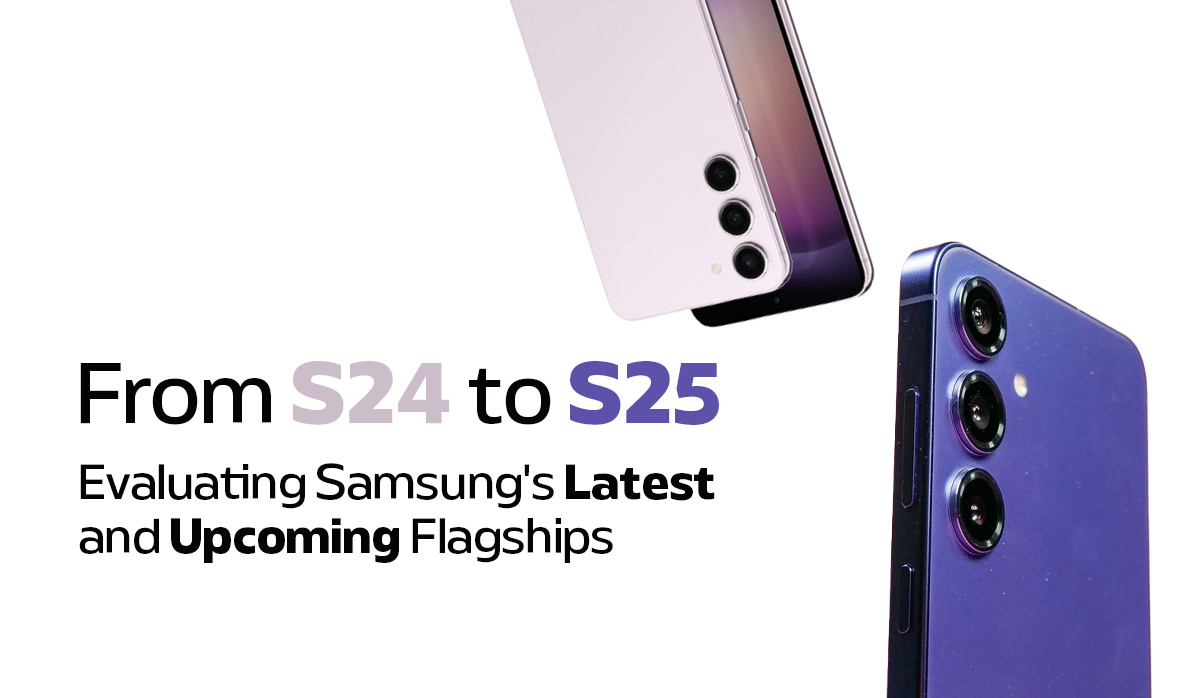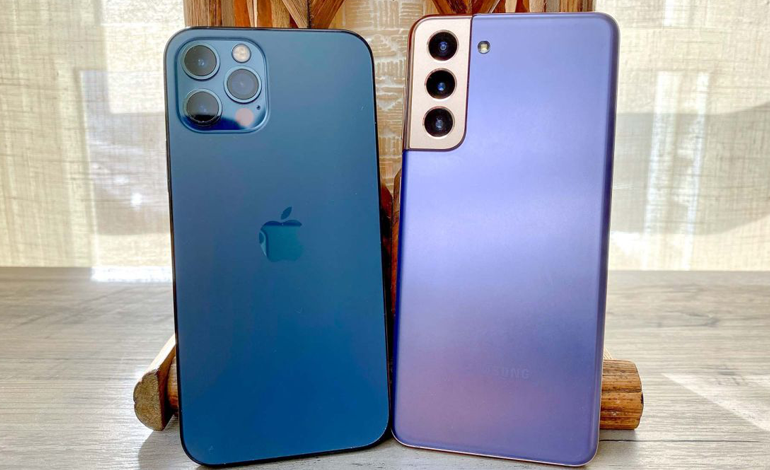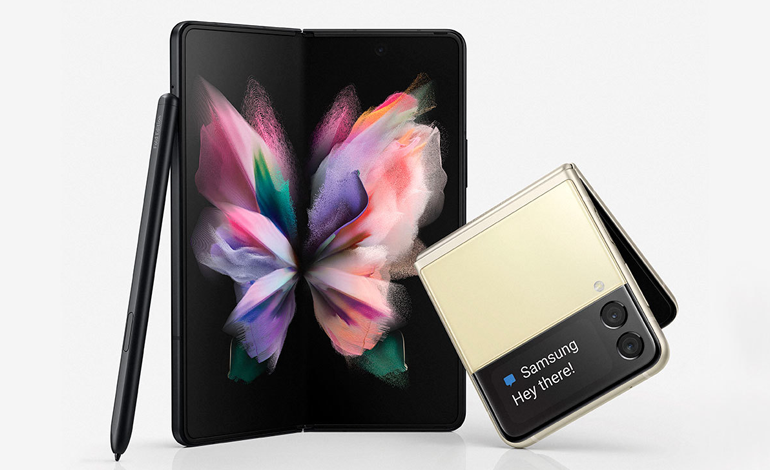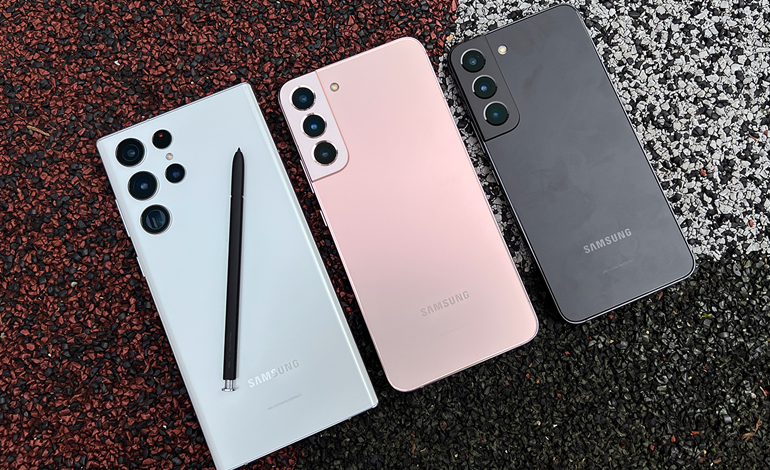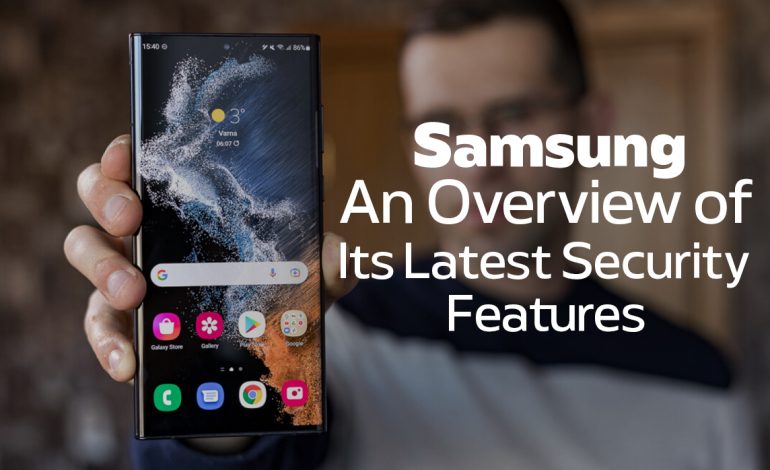
Samsung’s Emphasis on Privacy and Security: An Overview of Its Latest Security Features
With more people relying on their smartphones for everything from online banking to social media to storing sensitive personal information, it’s crucial for smartphone manufacturers to prioritize privacy and security. Samsung, one of the world’s leading smartphone manufacturers, has made significant strides in recent years to enhance the security of its devices and ensure that users’ data is protected from cyber threats.
In this article, we’ll take a closer look at Samsung’s emphasis on privacy and security and provide an overview of its latest security features. We’ll cover everything from Samsung Knox to biometric authentication to mobile device management, and provide practical tips for users to maximize the security of their Samsung smartphones.
1. Samsung Knox
Samsung Knox is one of the most important security features included in Samsung smartphones. Knox is a security platform built into Samsung devices that provides a robust defence against a range of cyber threats, including malware, phishing attacks, and other security risks. Knox is particularly useful for business users who need to ensure the security of sensitive corporate data.
Knox is designed to protect both the hardware and software of Samsung devices. It features a Secure Boot process that ensures that the device boots up only after verifying the integrity of the system software. Knox also includes a Secure Trusted Boot process that checks the authenticity of the firmware and kernel.
One of the key features of Knox is its ability to separate work and personal data. Knox includes a secure container that separates work data from personal data. This ensures that corporate data remains protected even if the user’s personal data is compromised. Knox also includes advanced data protection features, such as device encryption, secure VPN, and mobile device management.
2. Biometric Authentication
Another important security feature included in Samsung smartphones is biometric authentication. Samsung devices include a range of biometric authentication options, such as fingerprint recognition, facial recognition, and iris scanning. Biometric authentication provides an additional layer of security to the traditional password or PIN.
Fingerprint recognition is the most common biometric authentication method included in Samsung smartphones. The fingerprint sensor is typically located on the back or front of the device and allows users to quickly and easily unlock their device. Samsung devices also include facial recognition, which uses the front-facing camera to scan the user’s face and unlock the device. Iris scanning is another biometric authentication method that uses the front-facing camera to scan the user’s iris.
Samsung has made significant improvements to its biometric authentication features in recent years.
For example, the Galaxy S21 series includes an ultrasonic fingerprint sensor that is more accurate and faster than previous fingerprint sensors. Samsung has also improved its facial recognition technology to make it more secure and accurate.
3. Data Protection
Data protection is another critical aspect of Samsung’s emphasis on privacy and security. Samsung devices include a range of data protection features, such as device encryption, secure folder, and Samsung Pass.
Device encryption is a feature that encrypts all data stored on the device. This ensures that even if the device is lost or stolen, the data cannot be accessed without the encryption key. Samsung devices also include a secure folder that allows users to store sensitive data, such as financial information or personal documents, in a separate, encrypted folder.
Samsung Pass is a convenient feature that allows users to securely store their usernames and passwords in a secure vault. Samsung Pass also includes biometric authentication, such as fingerprint recognition or facial recognition, to ensure that only the user can access their passwords.
4. Mobile Device Management
Mobile device management is another critical aspect of Samsung’s emphasis on privacy and security. Samsung devices include a range of mobile device management features, such as Knox Manage, that allow IT administrators to Knox Manage is a mobile device management (MDM) solution that provides IT administrators with a range of tools to manage Samsung devices. Knox Manage allows IT administrators to remotely configure and manage Samsung devices, including setting up policies for passwords, app installation, and data sharing.
Knox Manage also includes advanced features, such as real-time monitoring of device status and location tracking. This allows IT administrators to quickly identify and respond to any security threats or device issues.
In addition to Knox Manage, Samsung devices also include a range of other MDM solutions, such as Microsoft Endpoint Manager and VMware Workspace ONE. These solutions provide even more advanced device management features, such as remote wiping and advanced reporting.
Samsung’s emphasis on privacy and security is commendable. Samsung has made significant improvements to the security of its devices in recent years, including enhancing the security of its hardware and software, improving its biometric authentication features, and providing a range of data protection and mobile device management tools.
However, there is still room for improvement. Cyber threats are constantly evolving, and it’s crucial for Samsung to stay ahead of the curve and continue to innovate its security features. Samsung could also do more to educate users on the importance of privacy and security and provide more resources for users to protect their devices.
Conclusion:
In conclusion, if you’re in the market for a new smartphone and prioritize privacy and security, Samsung devices are a great choice. With features like Knox, biometric authentication, and data protection, Samsung devices provide a robust defence against cyber threats. However, it’s important to remember that no device is completely secure, and users should take additional steps to protect their data, such as using strong passwords, keeping their devices updated, and avoiding suspicious websites and apps.
By prioritizing privacy and security, Samsung has positioned itself as a leader in the smartphone industry. As cyber threats continue to evolve, it will be interesting to see how Samsung continues to innovate and enhance the security of its devices.
Check Out: Samsung Latest Wearables



